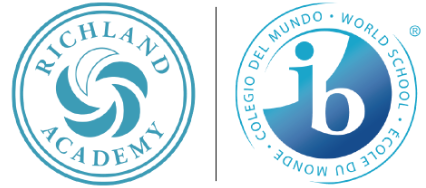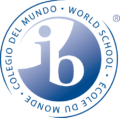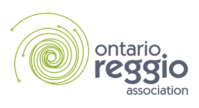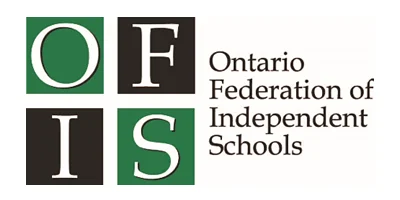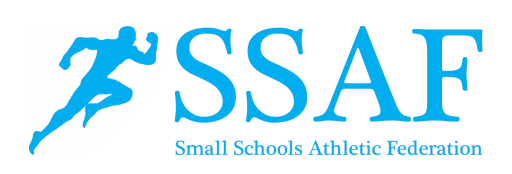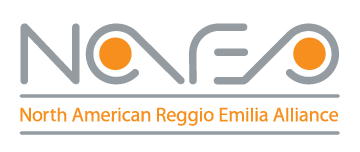The Reggio Emilia approach is an educational philosophy that inspires students to become life-long learners. It is a movement that has made way for schools filled with questions instead of answers and learning instead of teaching; schools where children are asked what they think and where teachers plan and implement curriculum based on child-initiated activity. It acknowledges children as competent and capable learners that are full of potential and able to communicate with or without words. It is evident that this approach will continue to open doors of endless possibilities for children.
Recognizing that the journey to becoming a life-long learner begins with the awareness of, and appreciation for, curiosity, it was a clear choice for Richland Academy to adopt a Reggio-inspired approach to inquiry learning beginning three years ago. We find that this philosophy better allows us to follow the natural development of children, as well as the close partnerships they share with their parents, teachers, and the environment.
The Reggio approach views teachers as co-learners and researchers, and parents as collaborators and advocates for their children. This involvement leads to a more complete learning experience for the child. As our education system continues to reform, it is important to reinforce an active approach to learning that is skills-based, research-driven and student-centered. Times have changed and schools must evolve in order to prepare students for future learning and growth in a technologically-enriched and globalized world. Students also need to be guided in their development of “soft skills”, such as understanding, empathy, co-operation and communication skills, to enhance their emotional intelligence along with their intellectual intelligence. The knowledge acquired in Reggio-inspired schools, such as Richland, is comprehensive, thought-provoking and engaging.
Organization of the physical environment is fundamental to the Reggio approach and is regularly referred to as the child’s “third teacher”. Both the indoor and outdoor learning environments are important in informing and engaging children, teachers, and families. Throughout the learning process, documentation serves as an important research tool in allowing teachers to study each child’s thinking process, plan their work with them, and make them aware that their effort is valued, as well as make parents aware of their child’s experience. The concept of documentation is fascinating; panels are displayed over blank backdrops and are constantly updated to reflect the most recent thoughts of each child.
Through Reggio-inspired learning, we recognize that it is a child’s innate desire to explore and investigate that acts as the very stepping stone for a successful and relevant education – an education rooted in inquiry, motivated by desire and actualized through experience. Short- and long-term project work is fundamental to the Reggio practice. Students are able to learn by doing and are constantly involved in thought-provoking and character-enriching activities as they are guided to spend more time inquiring, exploring, experimenting and discovering. This ensures that students are more actively engaged in their learning as their ideas are brought to life each day. The Chinese proverb displayed in each of our classrooms sums up an important part of the philosophy: ‘Tell me, and I may forget. Show me, and I might remember. Involve me, and I will understand.”
Prepared by: Melissa M. Mirabelli, Marketing & Events Coordinator

